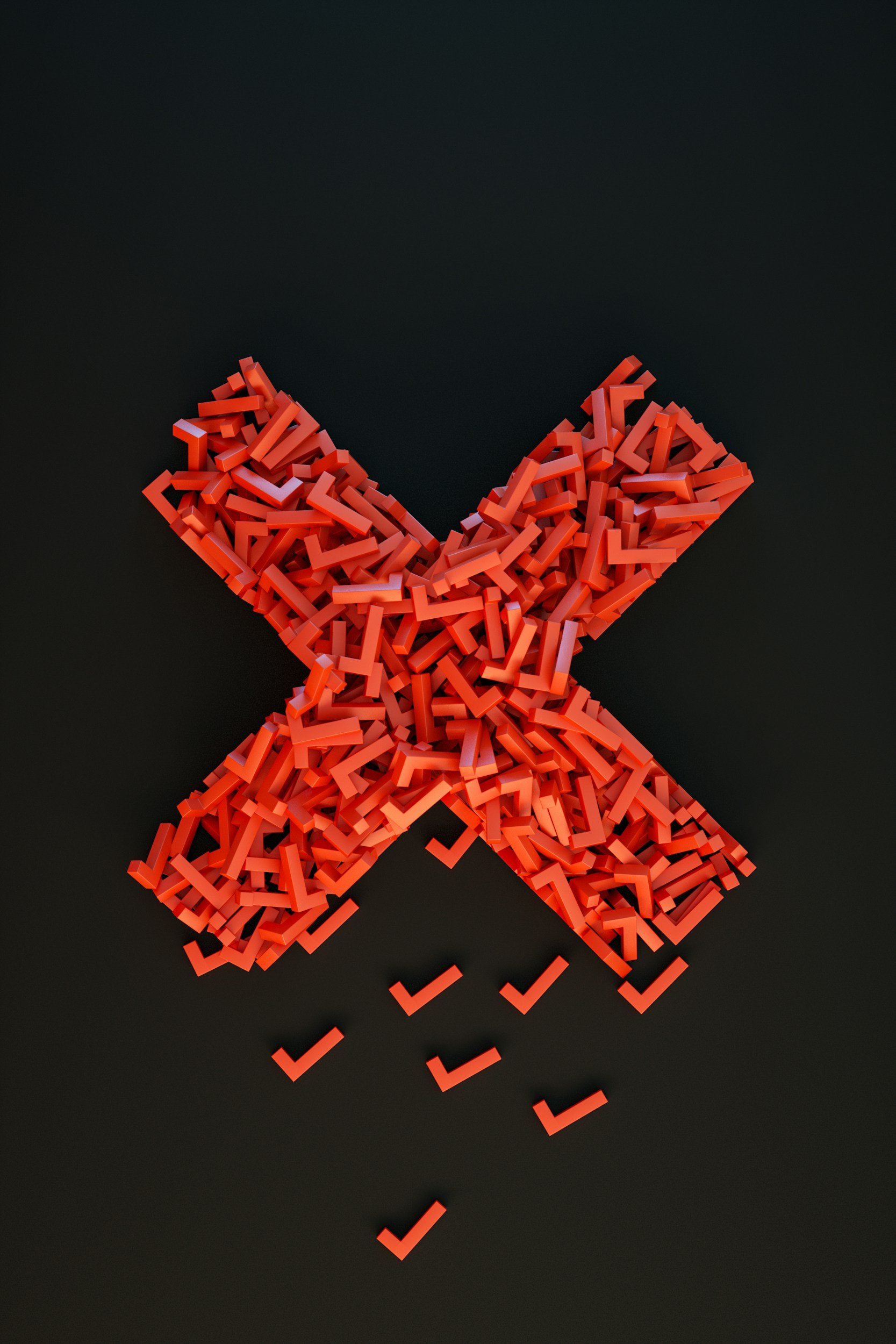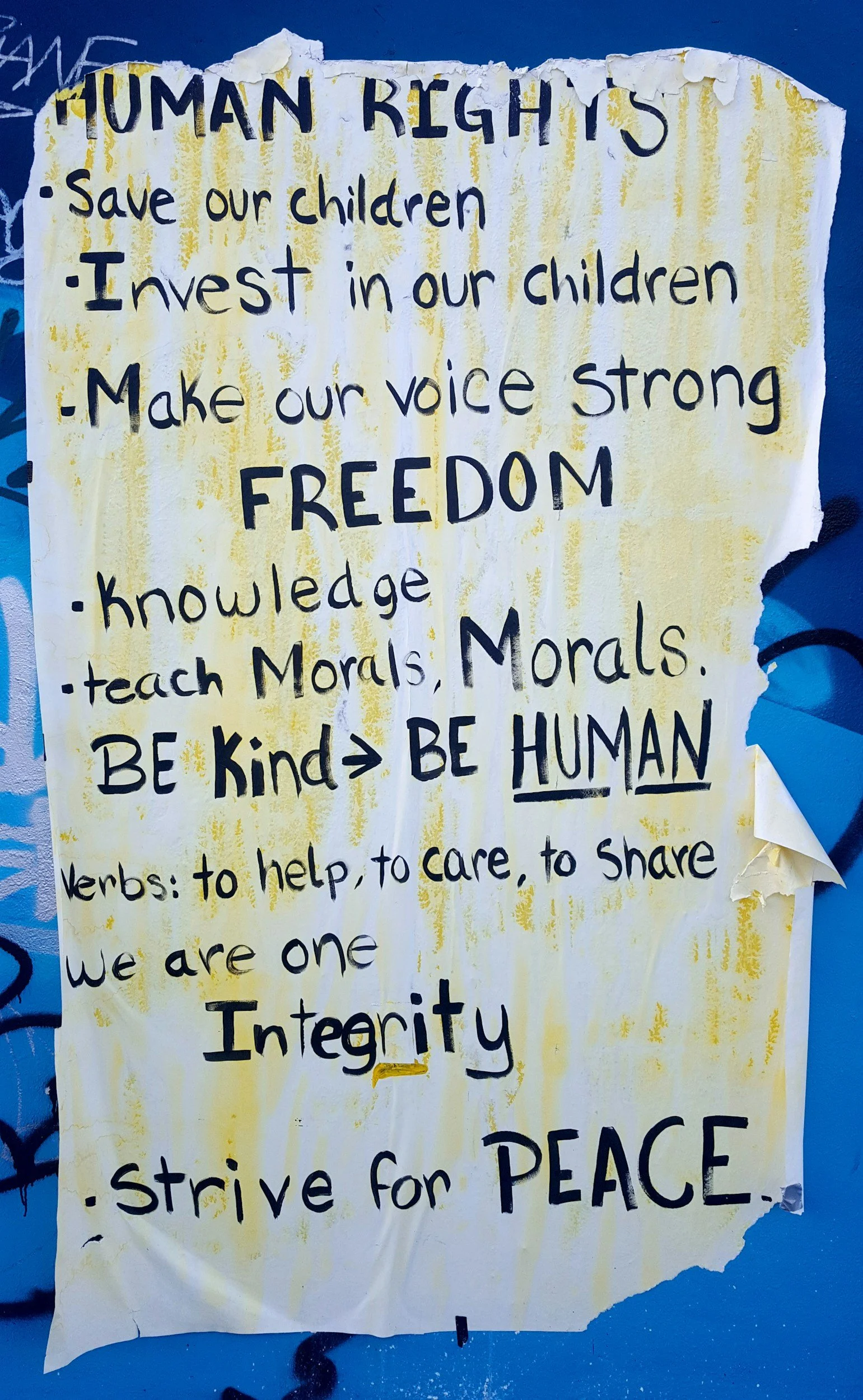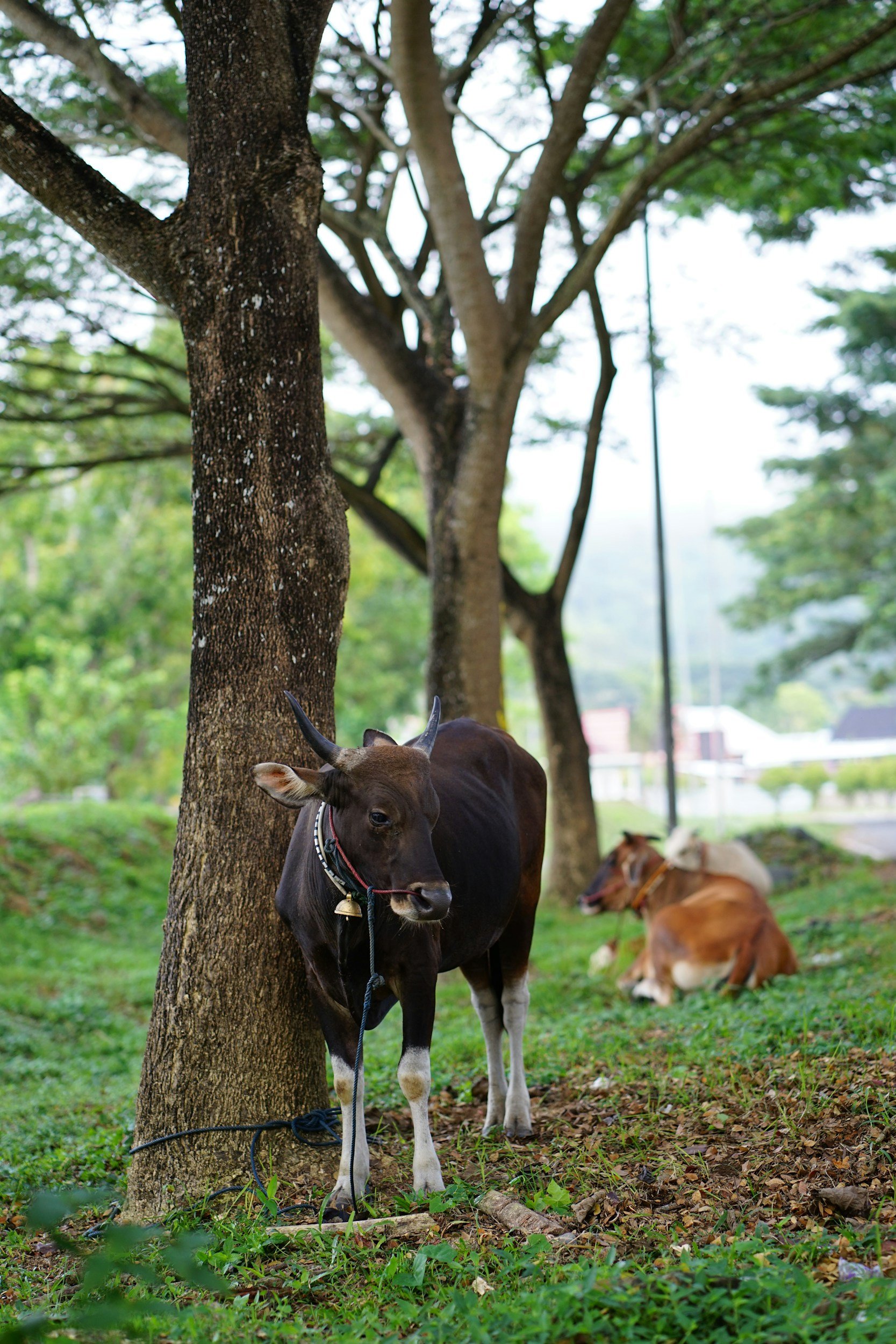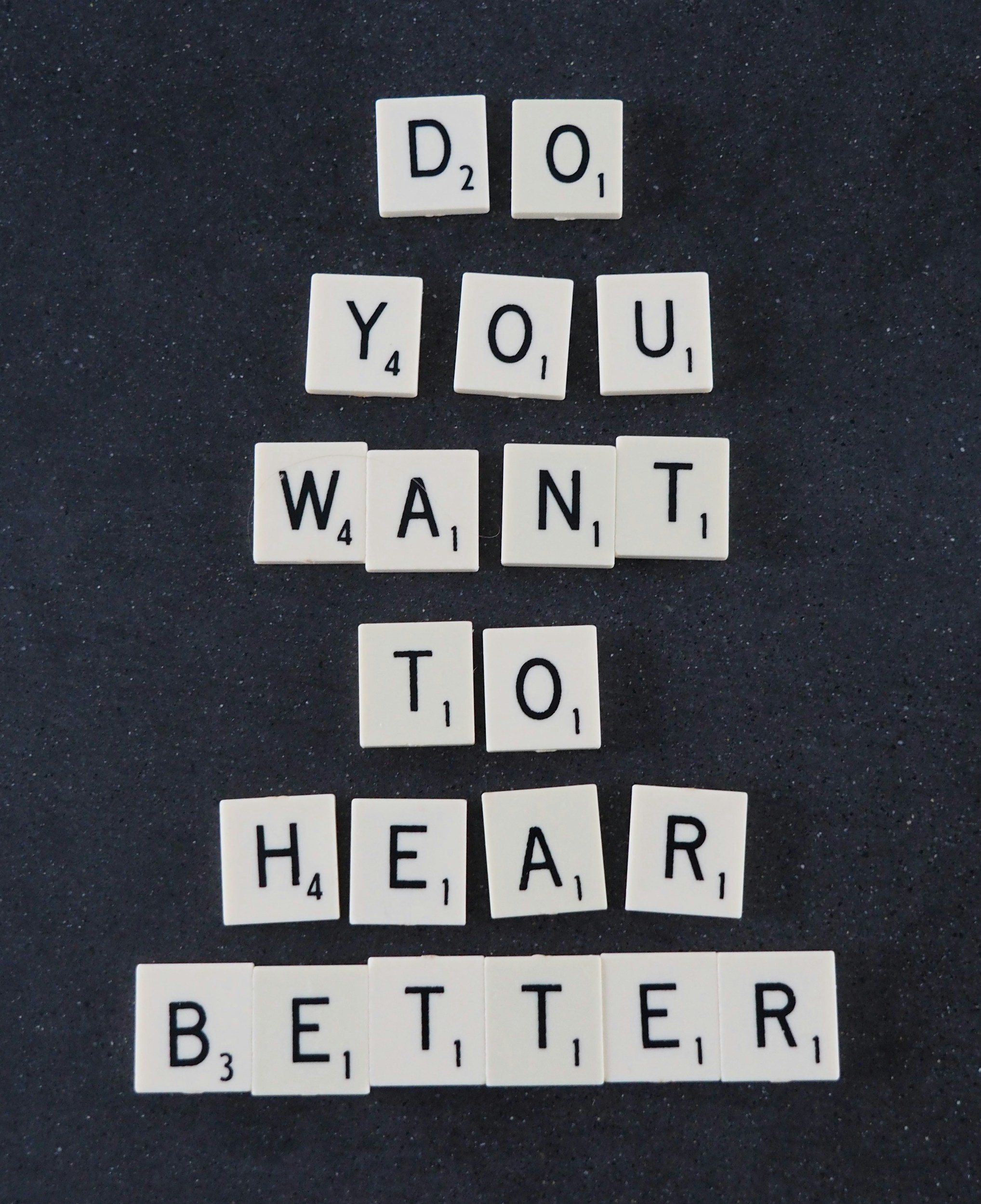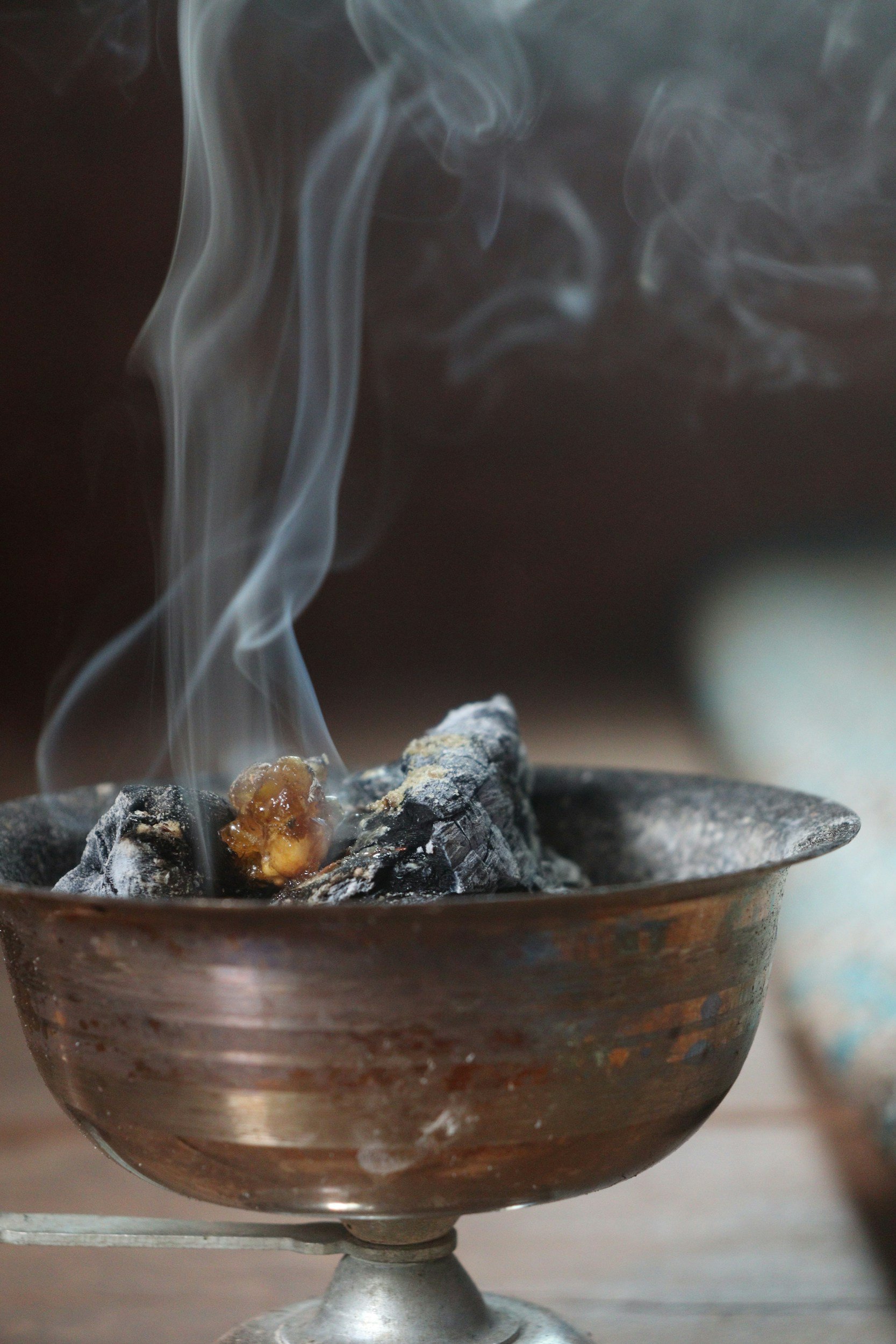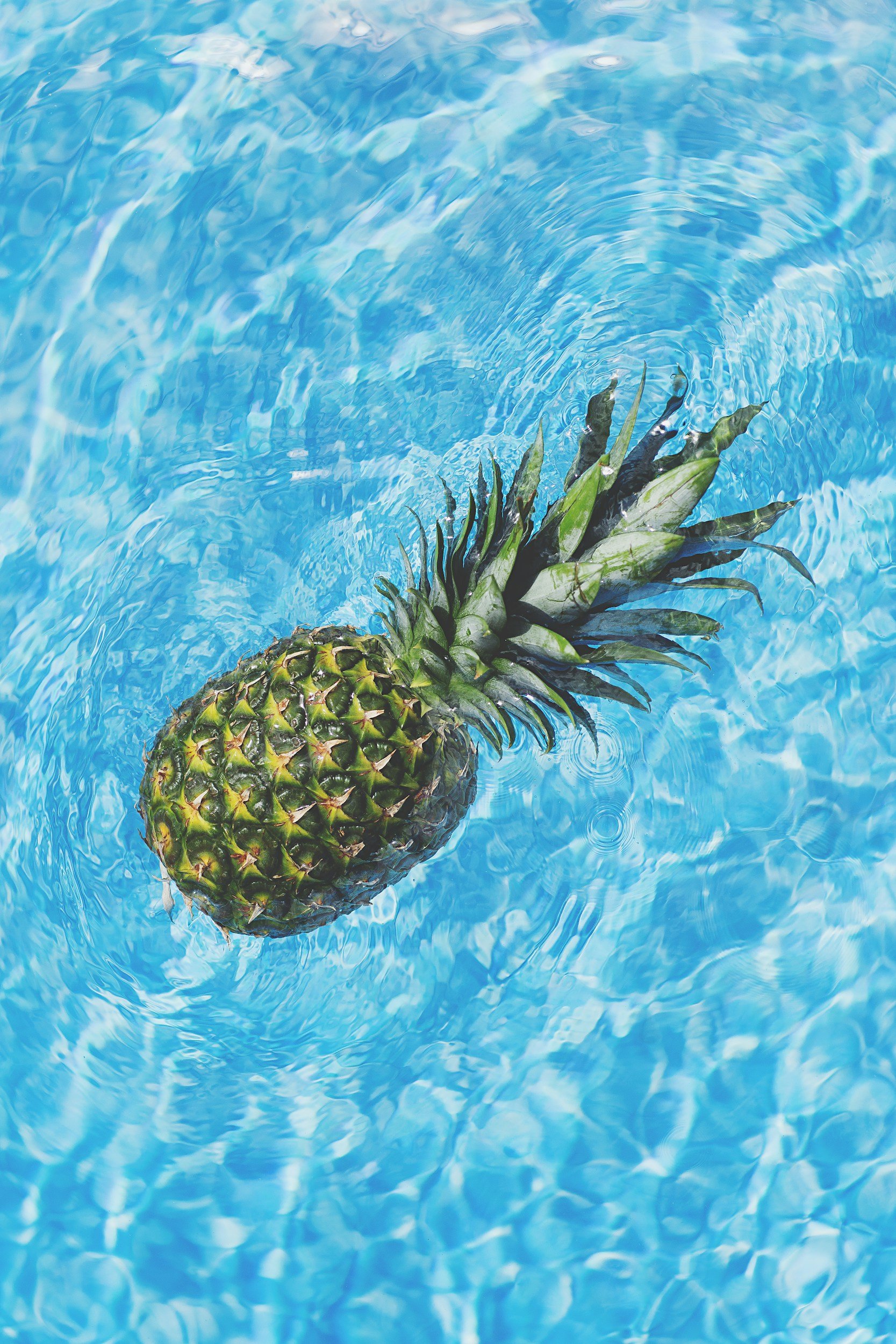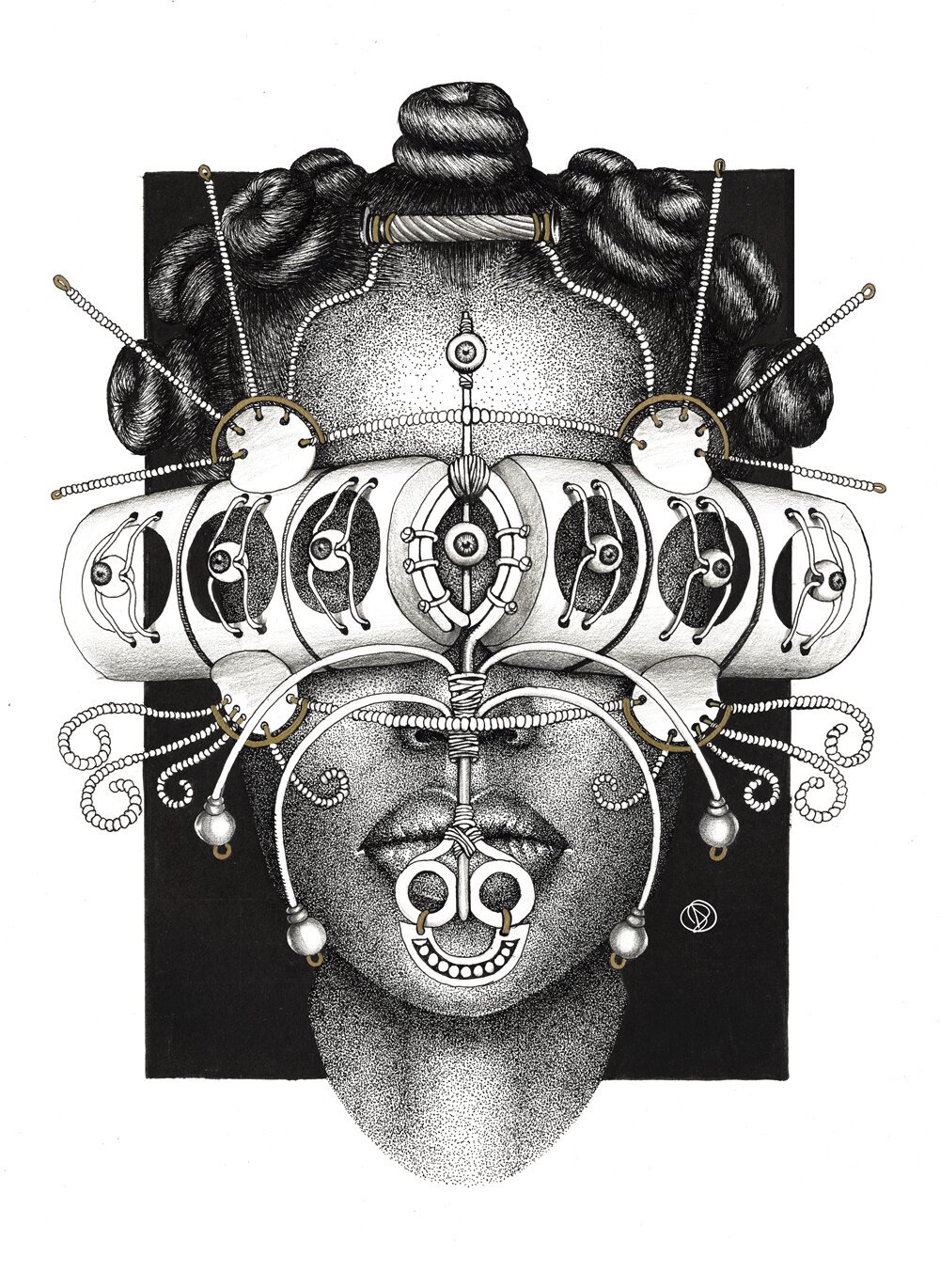How Ichu Aja Can Be Used to Address Karmic Debts in Odinani
In Igbo spirituality, the concept of Aja (sacrifice or offering) is integral to balancing one's spiritual path. One of the most remarkable uses of Aja is to address and rectify karmic debts that may have accumulated across different lifetimes. This practice known as Ichu Aja is a spiritual mechanism used to realign and harmonize the journey of a practitioner based on their connection to their Onye Uwa (reincarnator), as an aspect of their Chi (personal lifeforce or spirit).
Karmic Debts in Igbo Spirituality
In Igbo worldview, every person is accompanied by a Chi, a spiritual guardian that guides their life. This guardian, in form of what is known in some communities as “Onye Uwa” and in others just as “Chi”, represents the reincarnated soul from a previous lifetime. This reincarnator may have carried over unresolved issues, or kalma kalma (karmic forces), from previous lifetimes that influence the individual's current life.
These karmic debts can manifest in different ways, ranging from blocked progress, failed endeavors, chronic health issues, and other life struggles. These challenges are not necessarily due to the person's actions in the present lifetime but could be consequences of decisions and behaviors made by their reincarnated soul in previous existences. This is where Ichu Aja can come in—acting as a spiritual tool to address these karmic debts and help clear obstacles.
The Role of Ichu Aja in Balancing Karmic Forces
Ichu Aja involves ritual offerings and sacrifices designed to communicate with the spiritual forces, particularly one’s Chi and other guiding forces or deities. The goal is to achieve a state of balance and realignment, resolving negative karmic influences that hinder one's progress.
When karmic debts accumulate, they can block the flow of blessings and strength from one's Chi, creating difficulties in various aspects of life, from personal growth to external circumstances like relationships and careers. These blockages are usually understood as a misalignment between the affected person and the natural flow of spiritual energies or forces.
The process of Ichu Aja includes:
Acknowledgment: Recognizing that challenges in one's life may not just be physical but are tied to spiritual debts incurred by the reincarnator.
Consultation: Seeking guidance through divination, usually Afa (a system of divination in Igbo spirituality), to understand the exact nature of the karmic debt.
Offering: Presenting sacrifices or offerings to the relevant spiritual forces, including ones Chi and any aggrieved entities from past lives. These offerings may include animals, food, drinks, and symbolic items depending on the severity of the karmic debt.
Realignment: Through the sacrificial process, spiritual forces are appeased, and the path of the affected person is cleared of blockages, allowing for a smoother journey in life.
Positive and Negative Forms of Karmic Forces
True to the dual nature of Igbo realities, karmic forces can manifest in both positive and negative ways. In its positive form, karma acts as a source of strength and blessing, where the individual is rewarded for their good deeds, either from this lifetime or from previous ones. People who possess positive karmic forces experience good fortune, stability, and success with little resistance.
In contrast, negative karma reflects unresolved actions from past lives, which can result in suffering, stagnation, and adversity. Negative karma may not always be the direct result of one’s actions in the current life, making it difficult to pinpoint the cause of one’s struggles without spiritual insight. This is why Ichu Aja becomes a vital tool, as it provides a means to address these issues, particularly those inherited from ones Onye Uwa.
The Impact of Unresolved Karmic Debts
When karmic debts are left unresolved, they create a ripple effect in the affected person's life. The signs of karmic imbalance can appear as repeated cycles of hardship, lost opportunities, and emotional turmoil. These cycles can lead to spiritual unrest, and until they are addressed, the person may continue to experience disruption in their progress.
This misalignment may also affect one's relationship with their Chi, resulting in a sense of disconnect from their spiritual path. The Chi, as the spiritual force guiding one's life, can be weakened or aggrieved by the unresolved karmic energies, further amplifying life's struggles. As a result, Ichu Aja is employed to rekindle that bond, offering a form of reconciliation between the person, their Chi, and the universal forces at play.
Ichu Aja as a Path to Restoration
Performing Ichu Aja opens the affected person up to healing and restoration, clearing the negative karmic energies and allowing for a more harmonious relationship with their Chi. This is a process of spiritual purification, where the karmic debts are symbolically and energetically "paid off," restoring balance and inviting positive karma into the person’s life.
The realignment that follows this practice brings a sense of peace, clarity, and often immediate relief from the spiritual and physical challenges faced. It also serves as a reminder of the interconnectedness of all actions—past, present, and future—and the importance of living in alignment with spiritual principles.
Final Thoughts (Ichu Aja as a Lifeline for the Spirit)
In Odinani, Ichu Aja serves as more than a ritualistic practice—it is a lifeline for those seeking to address karmic imbalances that may have carried over from past lives. It provides a way for practitioners to reconcile with their past, clear their spiritual path, and realign with the positive forces of the universe.
For those struggling with unexplained difficulties, understanding the importance of Ichu Aja and engaging in it thoughtfully can be a transformative experience, which can allow them to regain control over their spiritual journey and restore balance to their life.
Let us know us know in the comment section below if you have any insights or questions on this topic. Remember to share this post with others if you enjoyed reading. Yagazie!
Recommended Resources:
MGBOWO AND ‘ICHU AJA ARO’ | Akah Lawrence (Article)
Sacrifices, Death, and Burial | G.T. Basden, 1938 (Article)
Ichu Aja Explained - What is the Purpose of Sacrifice? (Blood Sacrifice) | Medicine Shell (YouTube)
Don't Underestimate The Power of Ichu Aja! | Nwaanyi Amechi ọkụnanọ (YouTube)


